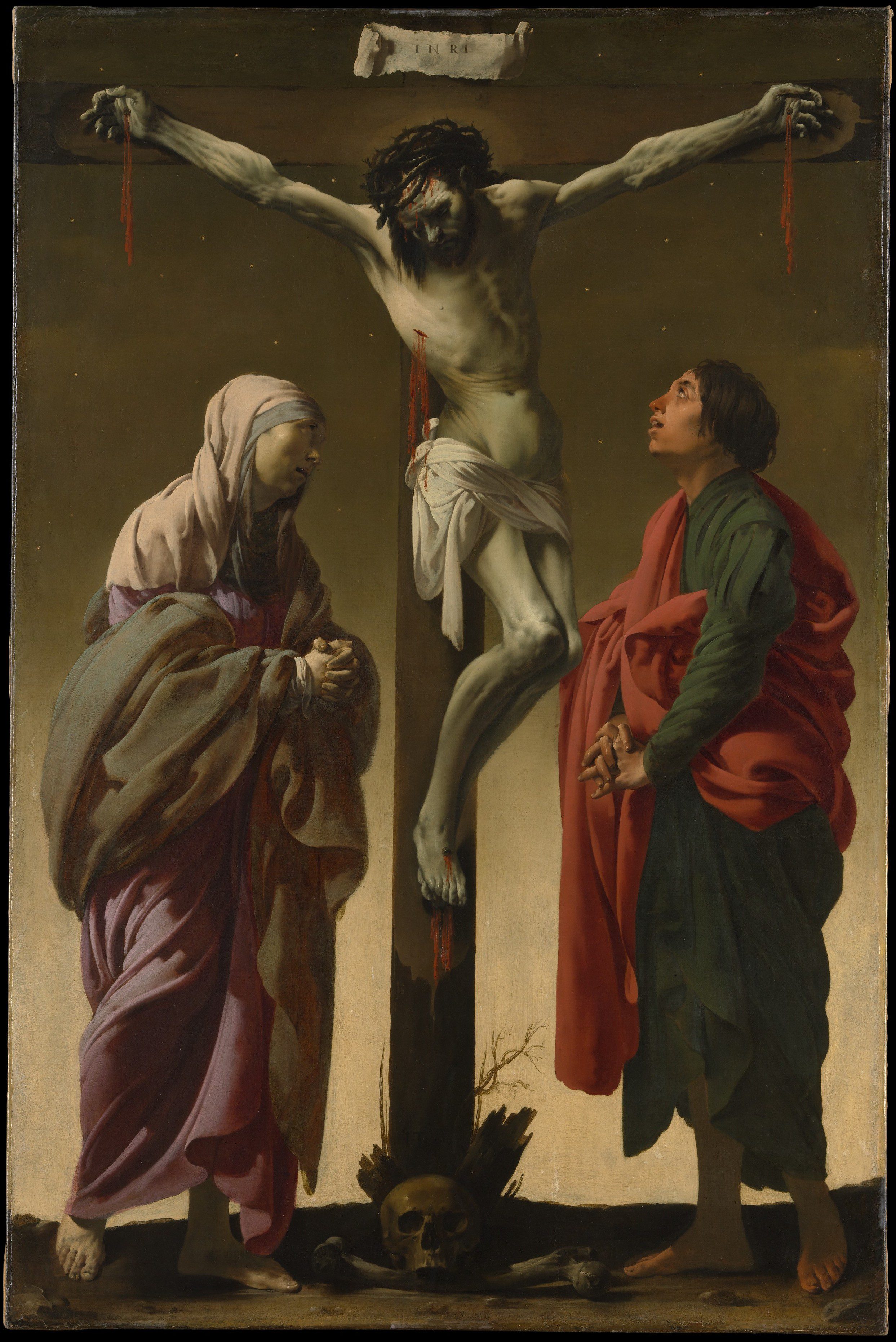Fifteen years ago I became a widower. (We had been married more than two decades.) I know personally the loss of the widow (& widower).
Jesus spoke of three widows:
- one, in a parable on the persistence of prayer to God
- one, of an unnamed widow who sacrificed only two mites to God at the Temple (leptons or half-farthing, worth less than half of one cent)
- and one, a familiar widow from scripture.
Jesus’ illustrations were not so much about what Christ followers must do for widows.
Jesus uses these widows to demonstrate faith to us.
Jesus’ rebuke here is how God used a faithful widow who was NOT part of the family of God (Israel). He spoke to the people of his own hometown, Nazareth, were Jesus was rejected.
Let the church remember our widows and widowers, that Christ might not need to site the faith of an unbeliever to christians.
Luke 4:25 But in truth, I tell you, there were many widows in Israel in the days of Elijah, when the heavens were shut up three years and six months, and a great famine came over all the land, 26 and Elijah was sent to none of them but only to Zarephath, in the land of Sidon, to a woman who was a widow.
1 Kings 17
English Standard Version (ESV)
The Widow of Zarephath
8 Then the word of the Lord came to him, 9 “Arise, go to Zarephath, which belongs to Sidon, and dwell there. Behold, I have commanded a widow there to feed you.” 10 So he arose and went to Zarephath.
And when he came to the gate of the city, behold, a widow was there gathering sticks.
Suppose you could only gather sticks to cook some food (what little they had) during a drought. Enter the Prophet of God, Elijah.
And he called to her and said, “Bring me a little water in a vessel, that I may drink.”
The widow humbly obeys, as she would her deceased husband or any man of authority.
11 And as she was going to bring it, he called to her and said, “Bring me a morsel of bread in your hand.”
Now this destitute woman challenges the bold request of this strange man.
12 And she said, “As the Lord your God lives, I have nothing baked, only a handful of flour in a jar and a little oil in a jug. And now I am gathering a couple of sticks that I may go in and prepare it for myself and my son, that we may eat it and die.”
13 And Elijah said to her, “Do not fear; go and do as you have said…
(‘Good. I’ll be done with this bothersome stranger,’ she must have thought, ‘and return to my misery.’)
The widow’s son is obviously unable to gather firewood, perhaps because he is only a boy in need of everything (as children must depend on father and mother for everything).
Yet the man of God continues:
… But first make me a little cake of it and bring it to me, and afterward make something for yourself and your son.
14 For thus says the Lord, the God of Israel, ‘The jar of flour shall not be spent, and the jug of oil shall not be empty, until the day that the Lord sends rain upon the earth.’”
For thus says the Lord…
A command to be obeyed (only IF the man is a true Prophet of the Lord God of Israel).
15 And she went and did as Elijah said.
Time passes, but the provision of God does not.
And she and he and her household ate for many days. 16 The jar of flour was not spent, neither did the jug of oil become empty, according to the word of the Lord that he spoke by Elijah.
More time passes.
17 After this the son of the woman, the mistress of the house, became ill. And his illness was so severe that there was no breath left in him. 18 And she said to Elijah, “What have you against me, O man of God?
Once more the woman is bold because God has taken the life of her son.
She continues:
You have come to me to bring my sin to remembrance and to cause the death of my son!”
How inexplicable had been the death of his father to the widow’s young son.
-
How great the loss of a mother or father to a young child.
Yet with the help of the Prophet, she has raised her son through her grief; and before her grief is ended her son also dies.
- How tragic to lose your husband.
- How sorrowful to lose your wife.
- How unexpected and hopeless is the untimely death of your own child: the flesh and blood of you own womb; the joy of your own seed!
19 And he said to her, “Give me your son.”
And he took him from her arms and carried him up into the upper chamber where he lodged, and laid him on his own bed. 20 And he cried to the Lord, “O Lord my God, have you brought calamity even upon the widow with whom I sojourn, by killing her son?”
Elijah is crying out to the Lord in prayer. The Man of God is pleading for the life of this son even as his mother has plead to the Man of God in her bold faith.
21 Then he stretched himself upon the child three times and cried to the Lord, “O Lord my God, let this child’s life come into him again.”
22 And the Lord listened to the voice of Elijah. And the life of the child came into him again, and he revived. 23 And Elijah took the child and brought him down from the upper chamber into the house and delivered him to his mother.
And Elijah said, “See, your son lives.”
24 And the woman said to Elijah, “Now I know that you are a man of God, and that the word of the Lord in your mouth is truth.”
RESURRECTION! Bodily resurrection and the resurrection of the soul: both are possible! Both have been witnessed. Both require great faith, as the widow has shown.
The widow of Zarephath had said of Elijah: “Now I know that you are a man of God;” however before she knew it, she had great faith.
Along comes Jesus to His neighbors in Nazareth and it seems that (like many of us) that they have very little faith.
IF a man came to you and asked for your last morsel of bread, would you give it even to Jesus?
35 For I was hungry and you gave me food, I was thirsty and you gave me drink, I was a stranger and you welcomed me…
42 For I was hungry and you gave me no food,
I was thirsty and you gave me no drink,
43 I was a stranger and you did not welcome me,
naked and you did not clothe me,
sick and in prison and you did not visit me.’
44 Then they also will answer, saying, ‘Lord, when did we see you hungry or thirsty or a stranger or naked or sick or in prison, and did not minister to you?’
45 Then he will answer them, saying, ‘Truly, I say to you, as you did not do it to one of the least of these, you did not do it to me.’
46 And these will go away into eternal punishment, but the righteous into eternal.
Have you remembered the widows?
The widowers?
Those dejected by the trials of this earthly life?
Perhaps you are gathering your last sticks for the hopeless situation of your family and along comes one asking you for your last morsel of bread.
How will you answer?
Will you have faith?





 Beloved believer,
Beloved believer,